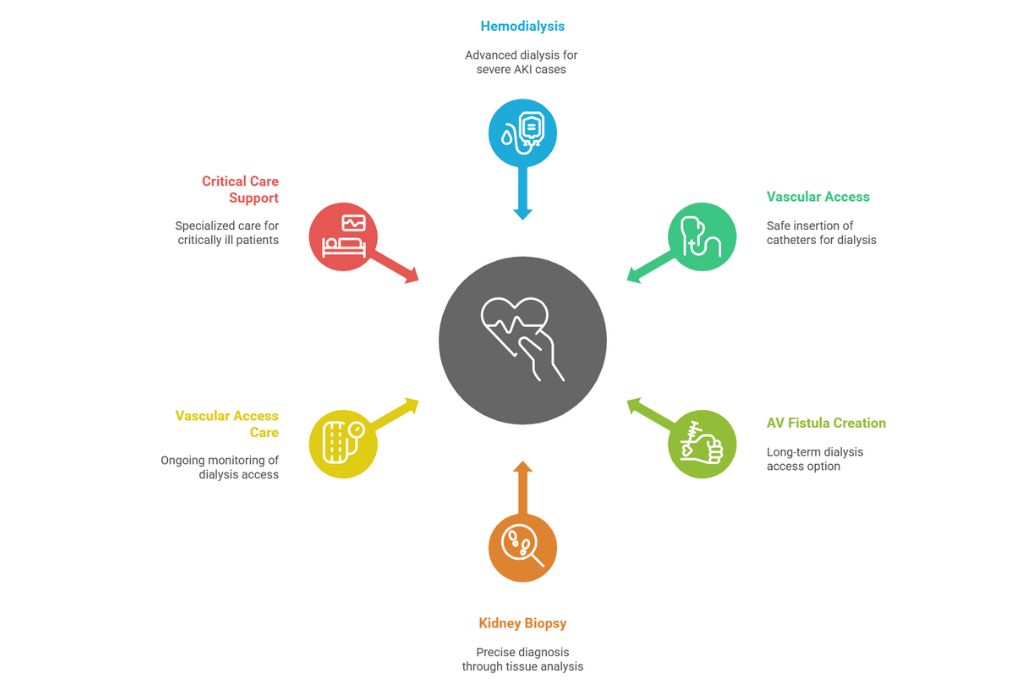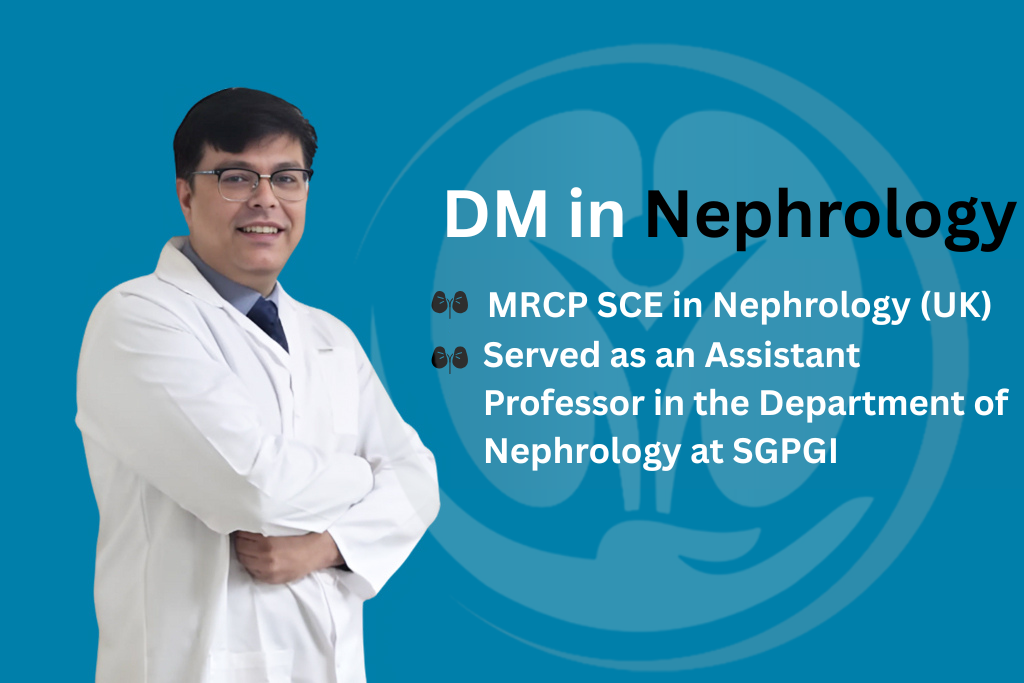Exceptional Expertise
With a DM in Nephrology from Sanjay Gandhi Postgraduate Institute of Medical Sciences (SGPGI), Lucknow, and MRCP SCE Nephrology (UK) credentials, Dr. Arpit Srivastava delivers world-class care. His experience as an Assistant Professor at SGPGI and consultant at Apollomedics Super Speciality Hospital, Lucknow, ensures cutting-edge treatment.

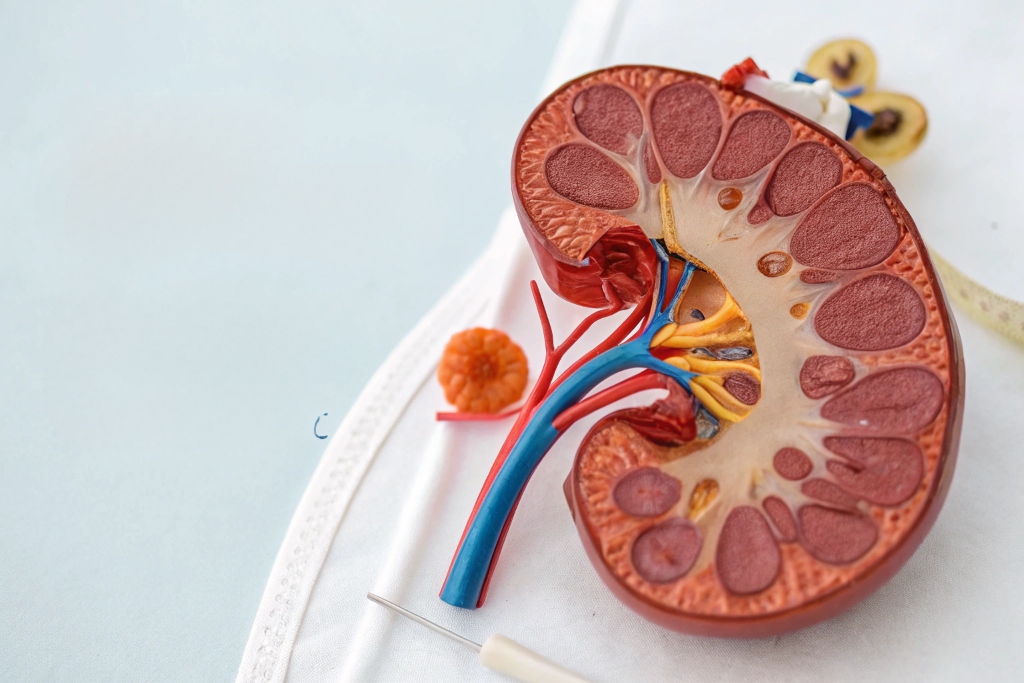
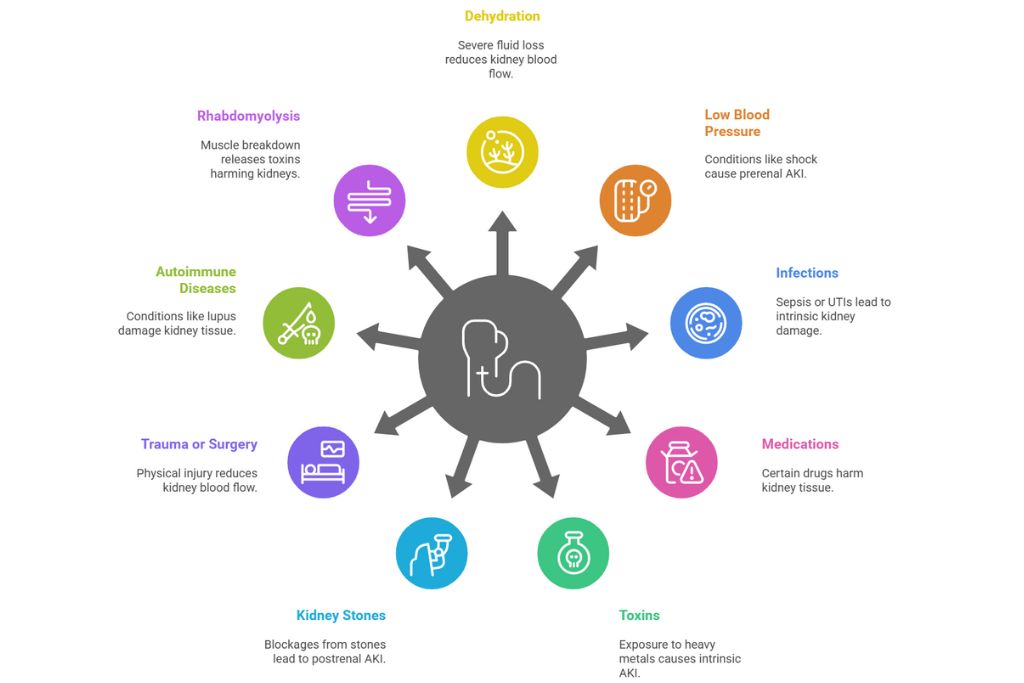
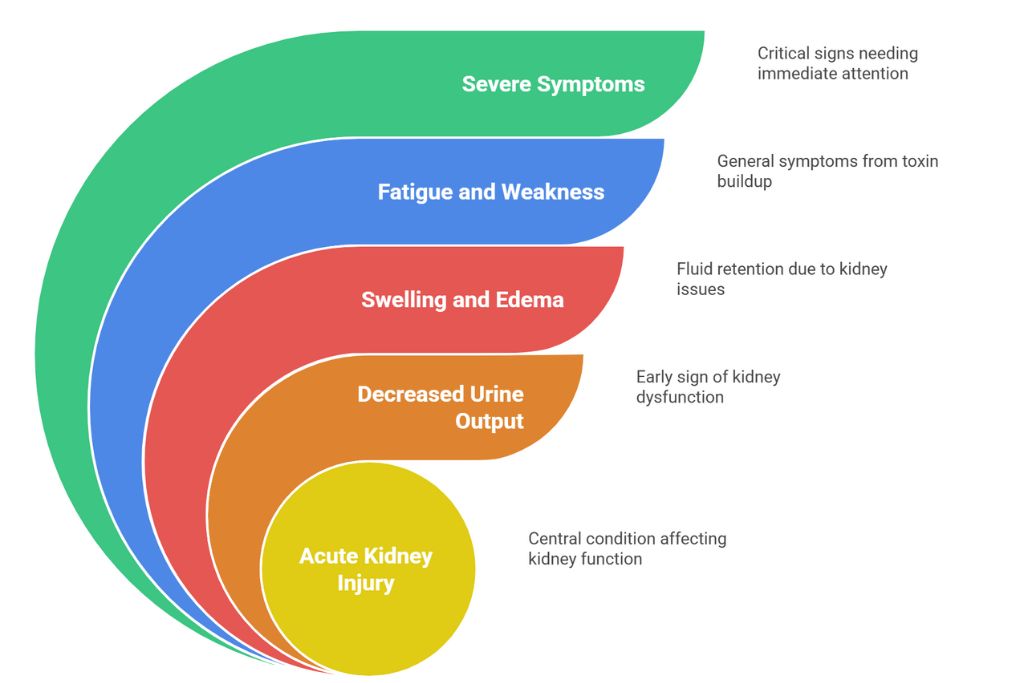
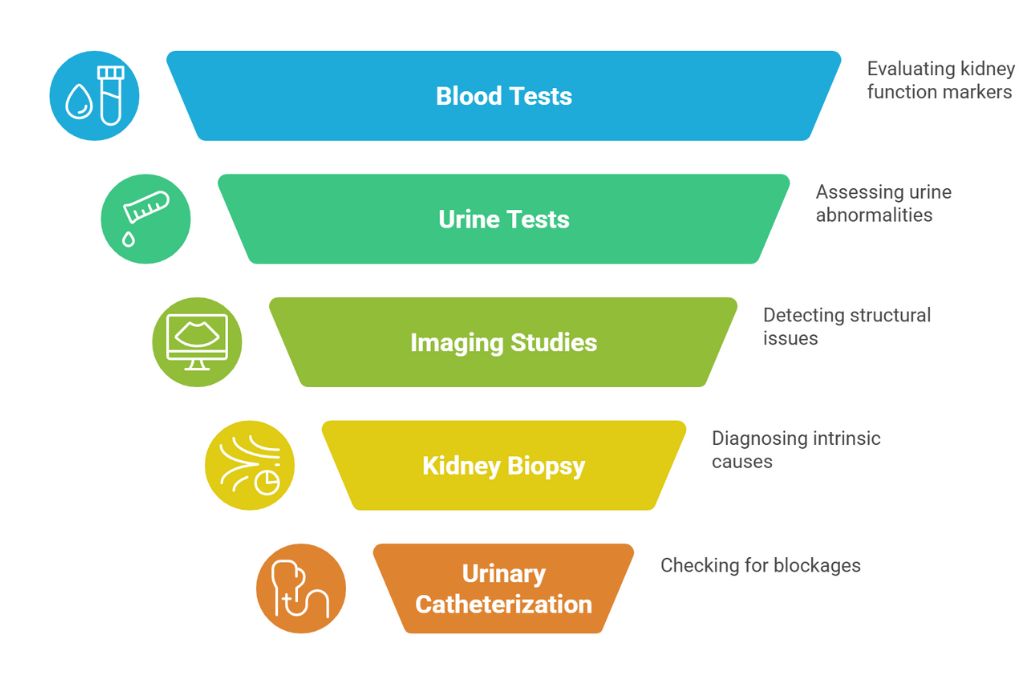


.png)
.png)
